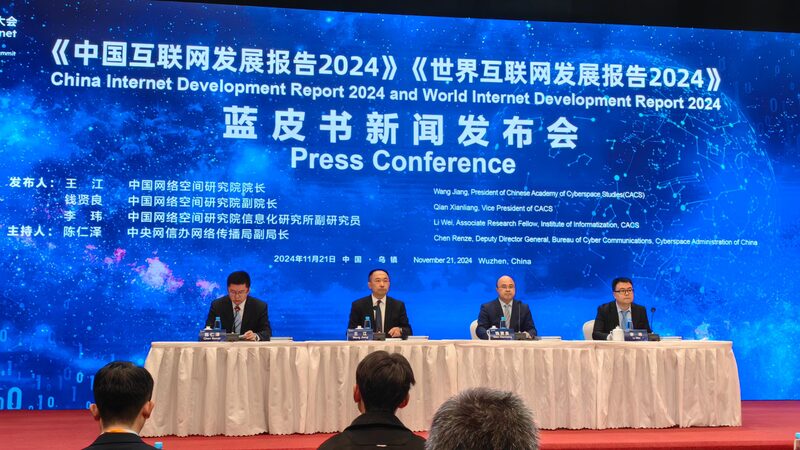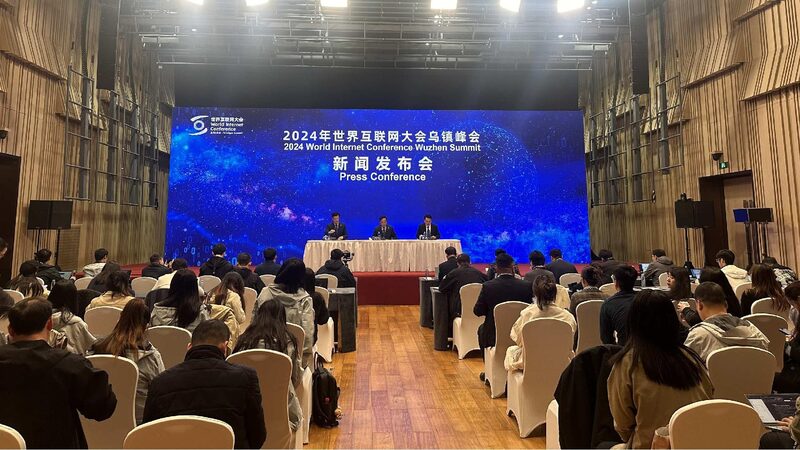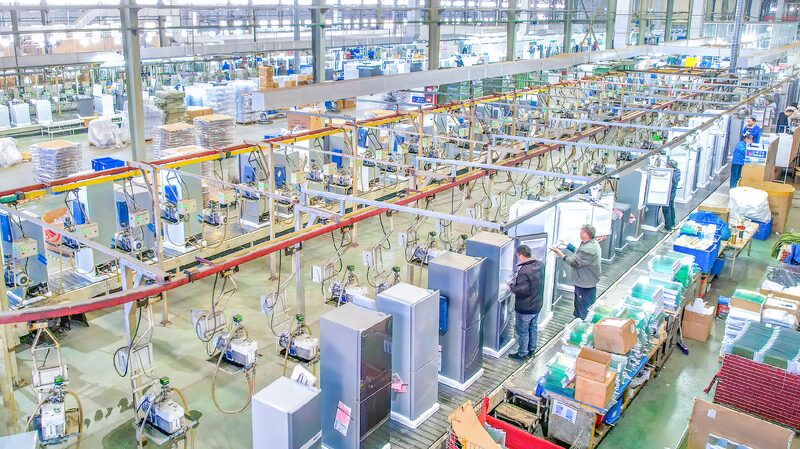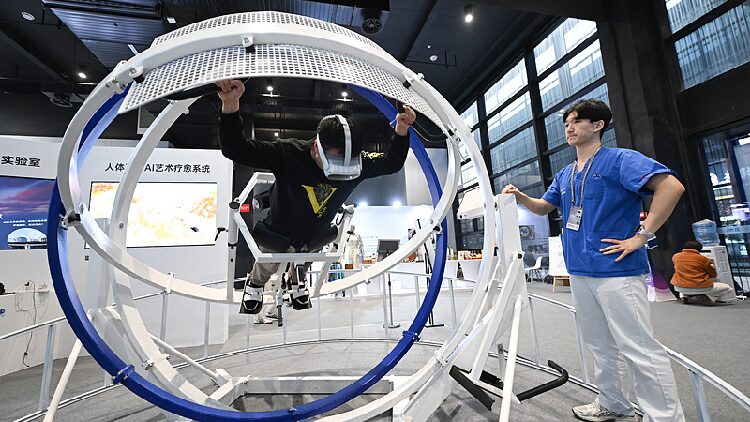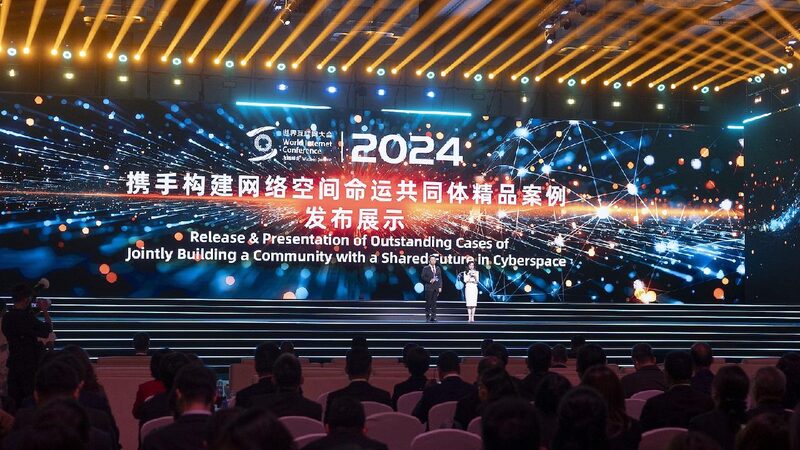China has taken a significant leap in industrial innovation by establishing nearly 10,000 smart factories and digitalized workshops nationwide, according to the China Internet Development Report 2024. Released at the 2024 World Internet Conference (WIC) in Wuzhen, the report highlights how the nation is integrating artificial intelligence (AI) and advanced digital technologies into manufacturing across various industries.
Accelerating Smart Manufacturing
Out of these facilities, 421 have been designated as national-level smart manufacturing demonstration factories. Impressively, over 90 percent of them are leveraging cutting-edge technologies like AI and digital twins—a virtual model of a physical object that uses real-time data to simulate and monitor operations. These advancements showcase China’s commitment to accelerating industrial digitization and boosting productivity through technological innovation.
Advancements in AI Innovation
China is not just upgrading its factories; it’s also making strides in AI innovation. By the end of 2023, the country held 378,000 valid AI invention patents, marking an annual growth of 40 percent—1.4 times the global average growth rate. This surge indicates China’s growing influence in the global AI landscape.
Global Digital Trends and Challenges
The World Internet Development Report 2024, also unveiled at the summit, provides a global perspective on internet trends across 52 countries and regions. While nations worldwide are enhancing digital infrastructure and adopting next-generation technologies, challenges such as cybersecurity threats, fragmented data governance, and the need for cohesive international digital trade rules persist.
One significant challenge in AI development is the imbalance between industry and academia. According to the 2023 AI Index Report by Stanford University, industrial entities produced 51 prominent machine learning models in 2023, compared to just 15 from academic institutions. Limited access to funding and resources in academia is causing a talent shift toward industry, consolidating its dominance in AI innovation.
Another pressing concern is the ethical misuse of AI. There has been a 26-fold increase in AI-related controversies and misuse cases since 2012, highlighting the urgency of addressing ethical issues in AI applications.
Building a Shared Future in Cyberspace
Since 2017, the annual release of these reports at the WIC has offered valuable insights into internet development trends globally and in China. This year’s conference, themed "Embracing a People-Centered and AI-for-Good Digital Future – Building a Community with a Shared Future in Cyberspace," aims to foster global cooperation in governance, innovation, and security within the digital realm. The summit kicked off on Wednesday and concludes on Friday.
Reference(s):
China builds some 10,000 smart factories, Internet conference reveals
cgtn.com
